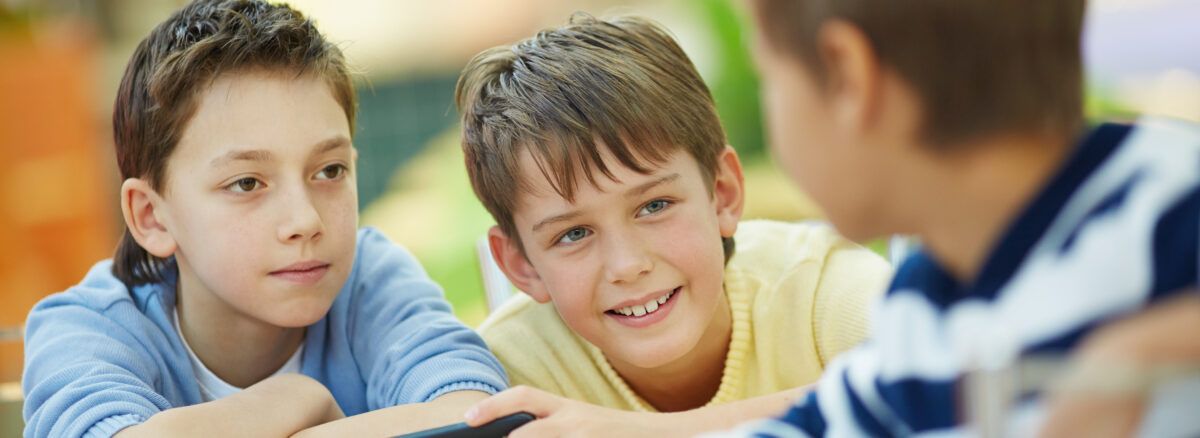As parents, educators, and caregivers, we often focus on ensuring our children have the tools they need to succeed academically and socially. However, there’s one aspect of childhood development that we may overlook: social status. While it may seem like a trivial concern, research shows that a child’s position in their peer group can have a profound impact on their mental health. In this blog post, we’ll explore the connection between childhood social status and anxiety and depression, and discuss strategies for supporting children who may be struggling.
Understanding Childhood Social Status:
What is Social Status?
- Social status refers to a child’s perceived position within their peer group hierarchy.
- It encompasses factors such as popularity, social influence, and acceptance by peers.
Factors Influencing Social Status:
- Popularity: Children who are well-liked and admired by their peers often hold higher social status.
- Peer Relationships: Positive friendships and social connections can contribute to a child’s status.
- Social Hierarchy Dynamics: In some cases, social status may be influenced by factors such as wealth, appearance, or athletic ability.
The Link to Anxiety and Depression:
The Social Comparison Trap:
- Children who perceive themselves as lower in social status may experience feelings of inadequacy and low self-esteem.
- Constant comparison to their peers can exacerbate feelings of anxiety and depression.
Social Rejection and Bullying:
- Children who are marginalized or excluded by their peers may experience increased levels of stress and anxiety.
- Bullying, whether physical or verbal, can have long-lasting effects on a child’s mental health.
Impact on Childhood Development:
Emotional Well-being:
- Chronic stress and negative social interactions can impact a child’s emotional well-being and overall mental health.
- Low self-esteem and feelings of loneliness may become pervasive.
Academic Performance:
- Children who are preoccupied with social status may struggle to concentrate in school, leading to academic difficulties.
- Anxiety and depression can further hinder academic achievement.
Strategies for Support and Intervention:
Promote Positive Social Interactions:
- Encourage children to cultivate positive friendships and engage in activities where they feel valued and accepted.
- Teach empathy and kindness to foster a supportive social environment.
Address Bullying and Social Exclusion:
- Take reports of bullying and social exclusion seriously, and intervene promptly.
- Implement anti-bullying programs and initiatives in schools and communities.
Foster Resilience and Self-esteem:
- Help children develop resilience by teaching them coping strategies and problem-solving skills.
- Encourage activities that boost self-esteem, such as sports, hobbies, and creative pursuits.
Encourage Open Communication:
- Create a safe space for children to express their feelings and concerns without fear of judgment.
- Validate their experiences and offer support and guidance as needed.
Conclusion:
In conclusion, childhood social status is a significant factor in children’s mental health and well-being. By understanding the link between social status and anxiety and depression, we can better support children who may be struggling. By promoting positive social interactions, addressing bullying and social exclusion, fostering resilience and self-esteem, and encouraging open communication, we can help children navigate the challenges of peer relationships and thrive emotionally and socially.

